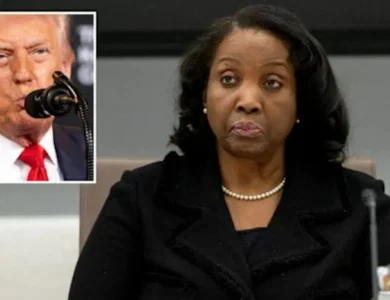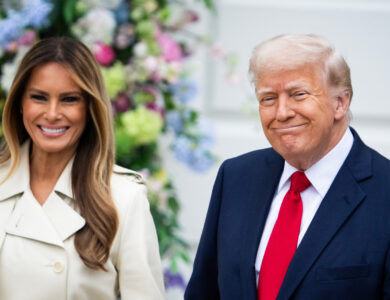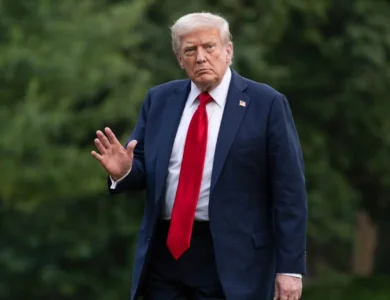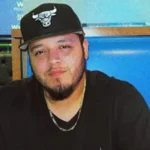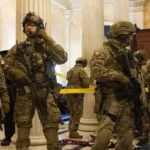Karoline Leavitt Gets Secret Service Protection After Kirk Shooting
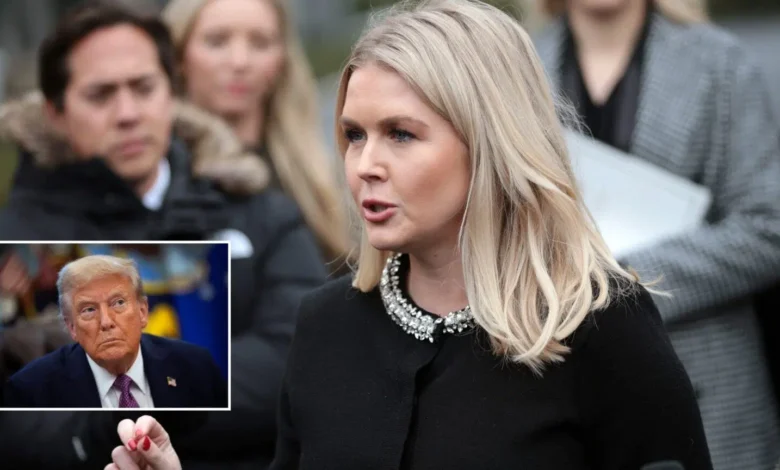
White House press secretary Karoline Leavitt has been assigned a U.S. Secret Service protective detail in recent days, multiple sources confirmed, a rare move that comes at a particularly grievous time in US politics.
The decision follows the shooting death of conservative activist Charlie Kirk earlier this month, which reignited concerns about the safety of high-profile figures in public settings, CBS News reported.
Leavitt declined to comment when asked about the assignment. The Secret Service did not immediately respond to CBS News’ request for comment.
While press secretaries rarely receive round-the-clock Secret Service protection, the move is not without precedent. Sarah Huckabee Sanders, who now serves as governor of Arkansas, was given a protective detail in 2018 while she was President Donald Trump’s spokesperson. That temporary assignment came after Sanders was refused service at a restaurant in Lexington, Virginia, a high-profile incident that sparked intense debate and backlash online.
Leavitt, a former Trump campaign aide and communications director, has become a vocal defender of President Trump in her role as press secretary. Her visibility and strong alignment with the president have drawn significant attention — and scrutiny — since she took the post.
The Secret Service routinely provides protection for the president, vice president, and their families, but extending security to other officials is typically reserved for unusual circumstances. The agency evaluates threats and risks before authorizing details for staff members outside its standard list.
Meanwhile, Congress is currently weighing $58 million in new funding to expand security resources for officials in both the executive and judicial branches. Lawmakers argue the additional protection is necessary given the heightened political climate and growing number of threats against public officials.
As lawmakers debate additional funding, the move to assign protection to Leavitt underscores the administration’s concern about potential risks to prominent spokespeople and other high-profile officials.
It comes after a former high school friend of Kirk’s assassin, Tyler Robinson, described him as “pretty left on everything” and said he was the “only member of his family that was really leftist.”
“The rest of his family was very hard Republican,” the friend said in a phone interview Friday, asking to remain anonymous, The Guardian reported.
The friend said Robinson’s political views became more extreme around his sophomore year. “He would always just be ranting and arguing about them,” the friend said.
They recalled spending time together playing video games and noted that the bullet engraving with the arrows was a reference to Helldivers 2. The friend explained that the arrows specifically pointed to “calling in a big bomb that exists” in the game “called the 500 kilogram.”
When the friend saw Friday’s news, he said he was stunned. “I knew he [Robinson] had strong political views, but I never thought it would even go near that far.”
President Donald Trump announced early Friday that the suspect has been arrested for the assassination of Kirk on the Utah Valley University campus during an event earlier this week.
“I think, with a high degree of certainty, we have him,” Trump told “Fox & Friends” during a live interview at the cable giant’s Manhattan studio, saying he heard just minutes before his 8 a.m. interview.
“Somebody who was very close to him turned him in,” the president said, saying it was relayed through “a minister who was involved with law enforcement.”
“I hope he’s going to be found guilty, and I hope he gets the death penalty. What he did — Charlie Kirk was the finest person and he didn’t deserve this.”
Trump did not name Robinson, who was identified later by the FBI during a press briefing.
Authorities and sources told the New York Post that the suspect was thought to have fired a single shot from a high place about 200 yards away from the tent where Kirk, 31, was sitting at the university’s Losee Center.
